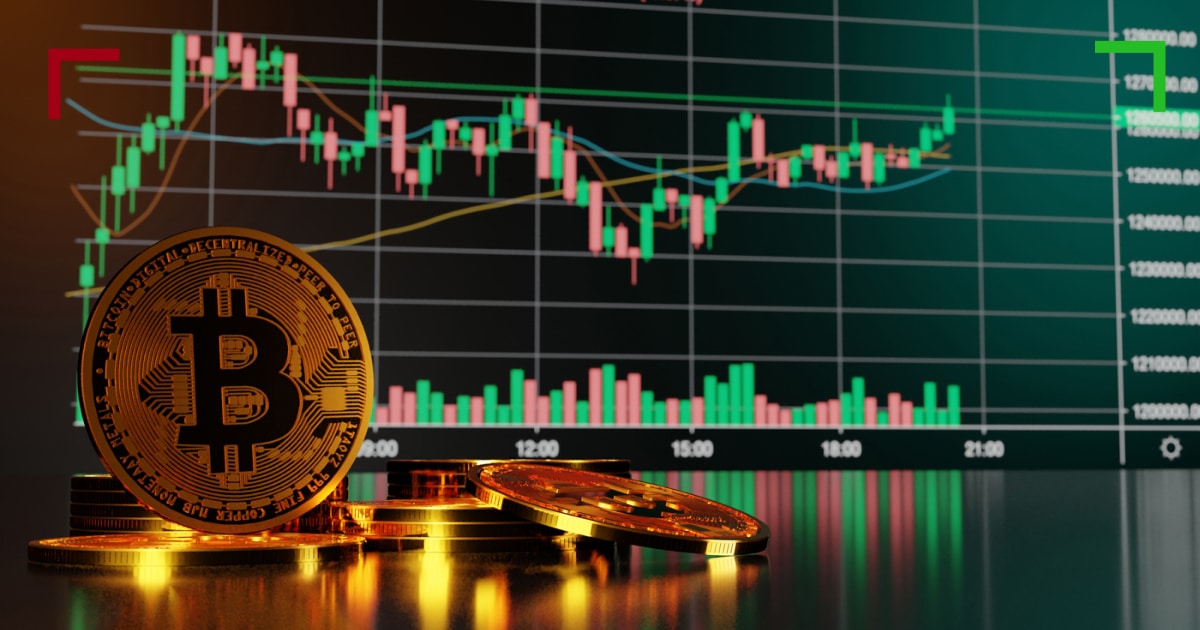
Exploring the Benefits of Trading Simulator Crypto
In an era where cryptocurrency trading has become increasingly popular, novice and seasoned traders alike are turning to Trading Simulator Crypto https://www.newsvoir.com/index.php?option=com_content&view=catnews&catid=117&Itemid=37&page=427 to enhance their skills without financial risk. This article delves into the workings of trading simulators and highlights their myriad benefits for aspiring traders.
What is a Trading Simulator?
A trading simulator is a software platform that allows traders to practice buying and selling assets without the need for real money. In the cryptocurrency domain, these simulators provide a virtual environment that mirrors real market conditions. They use historical data and simulate the execution of trades, allowing users to evaluate different trading strategies in a risk-free setting.
Why Use a Trading Simulator?
- Practical Experience: Trading simulators offer practical experience, enabling users to interact with the cryptocurrency market in a controlled environment. This experience is crucial for developing a better understanding of market dynamics.
- Risk Management: With no real funds at stake, traders can explore various risk management techniques, modify their strategies, and learn how to handle losses—all without the pressure of losing actual money.
- Experimentation with Strategies: A trading simulator allows users to try out multiple trading strategies. Whether you’re experimenting with day trading, swing trading, or longer-term investing methodologies, simulators facilitate practice and refinement.
- Emotional Resilience: Trading can evoke powerful emotions, which often lead to impulsive decisions. A simulator provides an opportunity to experience market fluctuations without the emotional weight associated with real trading.
- Up-to-Date Trading Features: Many trading simulators integrate the latest technologies, such as automated trading bots and algorithmic strategies, providing traders with exposure to cutting-edge tools in a safe environment.
Features of a High-Quality Trading Simulator
Not all trading simulators are created equal. Here are some key features to look for when choosing a simulator:

- Realistic Market Conditions: The simulator should accurately reflect real-life market scenarios, including price movements, order execution, and liquidity.
- Comprehensive Asset Selection: The platform should allow trading in a variety of cryptocurrencies, enabling users to diversify their practice.
- User-Friendly Interface: An intuitive interface can enhance the learning experience, making it easier for users to navigate and access different features.
- Performance Tracking: Look for simulators that provide detailed analytics on your trading performance, helping you identify strengths and weaknesses over time.
- Tutorials and Resources: Quality simulators often come with educational resources, including tutorials, guides, and access to communities, fostering a comprehensive learning experience.
How to Get Started with a Trading Simulator
Starting with a trading simulator is a straightforward process. Follow these steps to begin your practice:
- Choose Your Simulator: Research and select a trading simulator that meets your needs, considering the features mentioned earlier.
- Create an Account: Register on the platform and set up your account, which typically requires basic personal information.
- Familiarize Yourself with the Platform: Take some time to navigate the simulator, exploring its features and functionalities.
- Set Trading Goals: Define what you want to achieve through your practice, such as mastering a specific strategy or understanding market signals.
- Start Trading: Begin trading with virtual currencies, experimenting with different techniques while tracking your performance.
Limitations of Trading Simulators
While trading simulators offer numerous benefits, it is essential to acknowledge their limitations:
- Emotional Experience: Simulated trading lacks the emotional aspect of real trading—no losses, no gains—making it challenging to simulate the psychological pressures of actual trading.
- Market Psychology: Understanding market psychology is key to successful trading, and this can only be fully grasped through real-life experience.
- Slippage and Execution Issues: Simulators may not fully replicate slippage or execution issues that occur in real trading, which can significantly impact results.
Conclusion
Trading simulators for cryptocurrency serve as invaluable tools for traders seeking to develop their skills and strategies. They provide risk-free environments to learn, practice, and refine trading techniques, empowering users to approach real markets with enhanced confidence and knowledge. While simulators have their limitations, when used effectively, they pave the way for educated trading decisions and increased success in the volatile world of cryptocurrency.